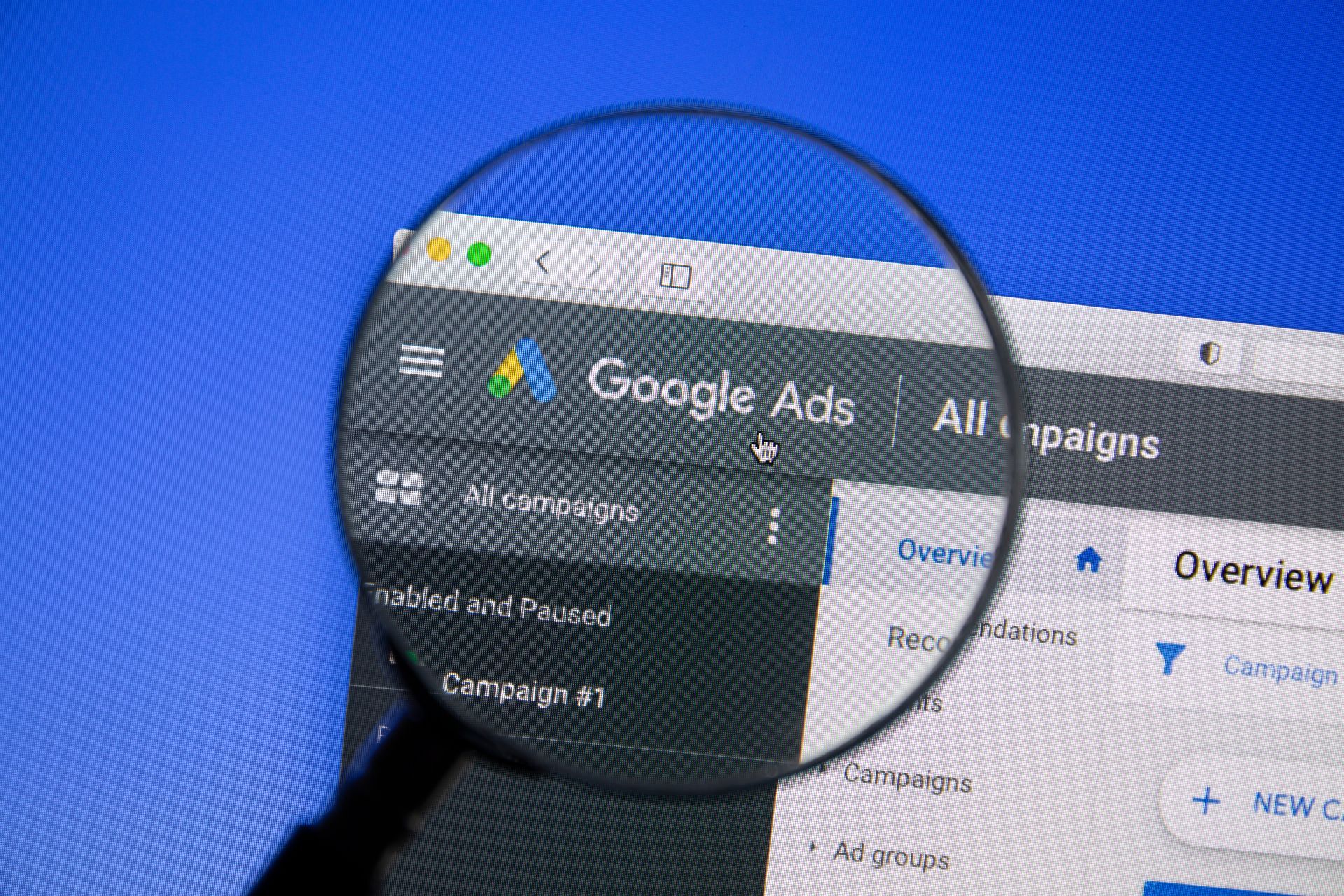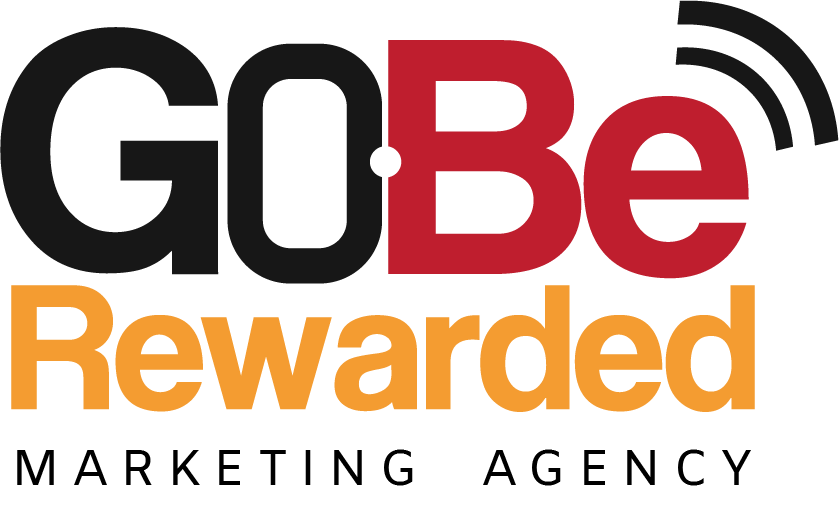October 21, 2024
Google Ads is one of the most powerful tools for businesses looking to boost their visibility and drive traffic. But once your campaigns run, how do you make sense of the data you're seeing? Whether you’re a small San Diego business owner or just getting started with digital marketing, understanding how to analyze Google Ads data is key to refining your marketing strategies and improving your return on investment (ROI). This beginner’s guide will explain essential metrics to monitor and provide actionable tips for improving campaign performance. 1. Start with the Basics: Key Metrics to Watch Before diving into the complex details of Google Ads reporting, it’s important to understand the key metrics that give you insight into how your ads perform. These are the building blocks for improving your campaigns. a. Impressions Impressions tell you how often your ad is shown. It’s a useful metric for understanding the reach of your campaign. For example, if your ad for a San Diego home improvement service appears in front of 10,000 users, you’ve earned 10,000 impressions. However, impressions alone don't tell the full story, as your ad may be shown without being clicked. How to Use This Data: High impressions but low engagement (clicks) could indicate your ad isn’t resonating with your audience or that your targeting needs adjustment. b. Clicks The number of clicks your ad receives is one of the most direct indicators of interest. Clicks show how many people were intrigued enough by your ad to learn more. How to Use This Data: Many clicks are a good sign, but ensure you're driving quality traffic. If you get a lot of clicks but not many conversions, it may be time to refine your ad copy, landing page, or audience targeting. c. Click-Through Rate (CTR) CTR is the percentage of people who clicked on your ad after seeing it. It’s calculated by dividing the number of clicks by the number of impressions. How to Use This Data: A low CTR means many people see your ad but aren’t clicking. You may need to improve the ad copy, adjust your keywords, or revise your audience targeting. For example, if you're a San Diego café offering seasonal specials and see a low CTR on ads promoting them, it might be time to refresh your message or update your imagery. d. Conversion Rate Conversions happen when someone completes a desired action after clicking your ad, such as purchasing, signing up for a newsletter, or filling out a contact form. How to Use This Data: A low conversion rate could signal that your landing page isn’t effective. Ensure that the landing page reflects the ad's promise, is user-friendly, and has a clear call to action (CTA). e. Cost Per Click (CPC) CPC shows how much you’re paying for each click on your ad. This metric helps you gauge the cost-effectiveness of your campaigns. How to Use This Data: A high CPC might indicate you're in a competitive market or targeting highly sought-after keywords. If your budget drains quickly without enough conversions, consider refining your keyword strategy or adjusting your bids. f. Cost Per Conversion This is the average cost of acquiring one customer or lead from your ads. It's calculated by dividing the total cost of your ads by the number of conversions. How to Use This Data: If your cost per conversion is too high, you might need to narrow down your audience, optimize your landing pages, or rethink your keywords. 2. Audience Insights: Who’s Clicking on Your Ads? Understanding who engages with your ads is as important as the number of clicks. Google Ads provides detailed audience insights, which can help you refine your targeting. a. Demographics Check the age, gender, and location of users interacting with your ads. For instance, if you’re a local San Diego business, you’ll want to ensure that most of your clicks come from users within your geographical target area. How to Use This Data: If you notice most of your ad spend is going toward out-of-area clicks, adjust your location targeting to focus solely on San Diego and nearby cities. Similarly, if your services cater to specific demographics, such as seniors or young professionals, use the data to refine your ads for those groups. b. Device Performance See whether users are clicking from mobile, desktop, or tablet. This can offer insight into how your ads are performing across different devices. How to Use This Data: If most of your clicks come from mobile users but your conversion rate is low, it may be time to optimize your landing pages for mobile devices. For example, a San Diego restaurant may need to ensure its menu is easily read and navigated on smartphones. 3. Improving Your Campaign Performance Now that you understand the core metrics, let’s examine how to improve your Google Ads performance using the data you've gathered. a. Refine Your Keyword Strategy Keywords are the backbone of your Google Ads campaigns. Analyze your Search Terms Report to see which keywords drive clicks and conversions, and identify any that are wasting your budget. Actionable Tip: If certain keywords have high impressions but low CTRs, consider pausing them or adjusting your ad copy to match the search intent better. For instance, if you run a San Diego landscaping business and notice that “landscape design San Diego” leads to more conversions than “landscape San Diego,” focus more on the specific terms yielding results. b. A/B Testing Ads Running different versions of ads (A/B testing) allows you to see which ad copy, headlines, or images work best. Actionable Tip: Try different messaging for your San Diego business. For example, a local HVAC company could test ads focusing on “quick service” versus ads promoting “affordable rates” to see which resonates more with potential customers. c. Optimize Your Landing Pages If your CTR is high but your conversion rate is low, the issue might be your landing page. Ensure that it aligns with your ad’s promise, loads quickly, and provides a seamless experience. Actionable Tip: Use tools like Google Optimize to experiment with different landing page layouts, CTA buttons, or offers. A smoother user experience often leads to better conversions. d. Adjust Bids for High-Performing Keywords If certain keywords or demographics consistently deliver good results, consider increasing your bids to capture more traffic from those segments. Actionable Tip: For a San Diego retail store, if ads targeting “San Diego summer sales” perform well during certain months, raise your bids for these terms to capture more seasonal traffic. 4. Conclusion: Turning Data Into Decisions Analyzing your Google Ads data is the key to refining your marketing strategies and improving your overall performance. By focusing on key metrics like CTR, conversion rate, and cost per conversion, and continuously refining your keyword strategy, ad copy, and landing pages, you can significantly improve the effectiveness of your campaigns. For San Diego businesses, leveraging Google Ads data helps you stay competitive in a crowded market. It allows you to allocate your budget efficiently and get the best possible return on your marketing investment. Start analyzing your Google Ads data today, and watch your business thrive!





